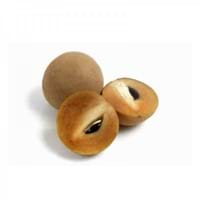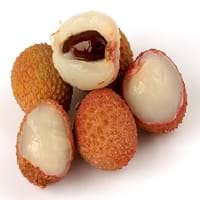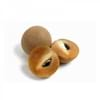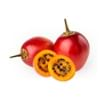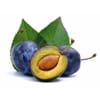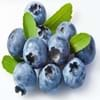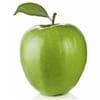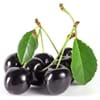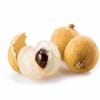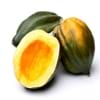Sapota vs Lychee Characteristics
Sapota and Lychee Information
Color of a fruit helps in determining its nutrient content and hence, its nutritional value. Therefore, color can considered as an important factor of Sapota and Lychee Information. Sapota is found in shades of dark green, green-yellow and orange green and Lychee is found in shades of bright red and pink red. Get Sapota vs Lychee characteristics comparison of the basis of properties like their taste, texture, color, size, seasonal availability and much more! Sapota belongs to Berry category whereas Lychee belongs to Tree Fruit, Tropical category. Sapota originated in Central America, North America and Unknown while Lychee originated in China, Indonesia, Philippines and Vietnam.
Sapota and Lychee Varieties
Sapota and Lychee varieties form an important part of Sapota vs Lychee characteristics. Due to advancements and development in the field of horticulture science, it is possible to get many varieties of Sapota and Lychee. The varieties of Sapota are Bush Table Queen, Heirloom Table Queen, Festival Hybrid, Early Acorn Hybrid, Table Ace, Ebony and Cream of the Crop whereas the varieties of Lychee are Emperor fruit, Mauritiu, Sweet Heart, Brewster, Haak Yip and Bengal. The shape of Sapota and Lychee is Round and Oval respecitely. Talking about the taste, Sapota is sweetish in taste and Lychee is crunchy, juicy and sweet.
